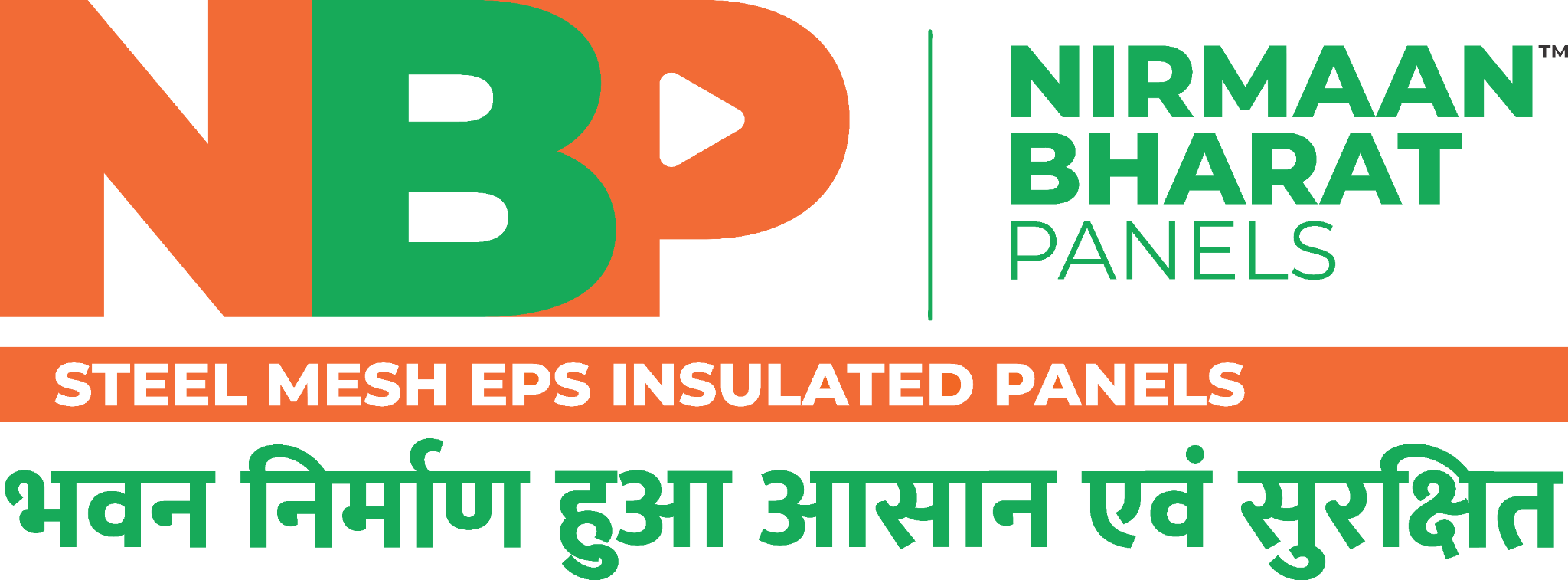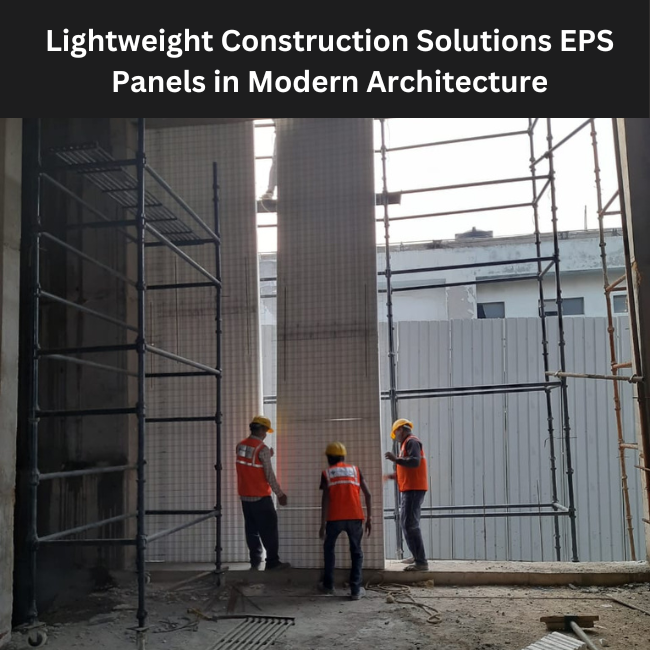In the realm of modern architecture, innovation often lies in finding solutions that seamlessly merge functionality, sustainability, and aesthetic appeal. One such solution gaining prominence is the utilization of Expanded Polystyrene (EPS) panels in construction. These lightweight panels offer a multitude of benefits, making them a preferred choice for architects and builders alike.
Table of Contents
ToggleWhat Makes EPS Panels an Ideal Choice
EPS panels are constructed from expanded polystyrene beads, a versatile material renowned for its insulating properties and lightweight nature. This combination makes EPS panels an ideal choice for various construction applications, particularly in projects where efficiency and sustainability are paramount.
Advantages of EPS Panels
One of the primary advantages of EPS panels is their exceptional thermal insulation properties. Their closed-cell structure traps air, creating a barrier that significantly reduces heat transfer. This thermal efficiency not only enhances the comfort of occupants but also contributes to energy savings by reducing heating and cooling costs. Moreover, the lightweight nature of EPS panels simplifies transportation and installation, leading to overall cost-effectiveness.
Thermal Insulation
In addition to thermal insulation, EPS panels offer sound insulation properties, making them invaluable in creating acoustically comfortable spaces. Whether used in residential, commercial, or industrial buildings, these panels can help minimize noise transmission, fostering a quieter and more serene environment.
Highly Customizable
Furthermore, EPS panels are highly customizable, allowing architects to achieve their design visions with ease. These panels can be tailored to various shapes, sizes, and finishes, facilitating creative freedom while maintaining structural integrity. Whether incorporated as exterior cladding, interior partitions, or roofing material, EPS panels seamlessly blend functionality with aesthetics, enhancing the visual appeal of architectural projects.
Sustainable Choice
From an environmental standpoint, EPS panels are a sustainable choice. The manufacturing process involves minimal energy consumption, and EPS itself is fully recyclable. By opting for EPS panels, architects and builders can contribute to reducing carbon footprint and promoting eco-friendly construction practices.
Durability and Longevity
Moreover, EPS panels boast excellent durability and longevity. Resistant to moisture, mold, and pests, they offer long-term performance with minimal maintenance requirements. This durability ensures that structures built with EPS panels retain their integrity and functionality over time, providing lasting value to occupants and stakeholders.
Rapid Assembly
The versatility of EPS panels extends beyond traditional construction applications. They are increasingly being utilized in modular construction and prefabricated building systems, where speed and efficiency are paramount. The lightweight nature of EPS panels facilitates rapid assembly, enabling faster project completion without compromising quality.
Conclusion
In conclusion, EPS panels represent a paradigm shift in modern architecture, offering a blend of performance, sustainability, and design versatility. As the demand for energy-efficient and eco-friendly construction solutions continues to rise, EPS panels emerge as a frontrunner, meeting the evolving needs of the industry. Whether used in residential, commercial, or industrial projects, EPS panels exemplify innovation in lightweight construction, shaping the future of architecture towards a more sustainable and resilient built environment.



